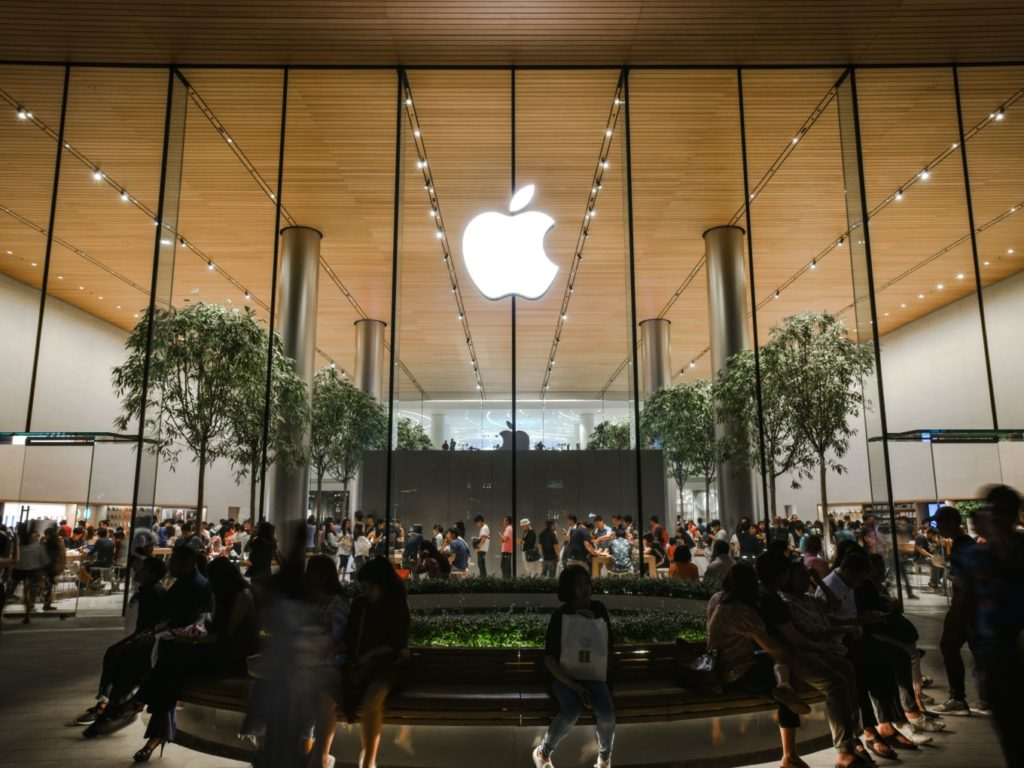Apple’s announcement of its first physical store in India marks a significant milestone for the tech giant’s expansion in the country. The move highlights Apple’s commitment to the Indian market as a potential manufacturing base and a strategic growth area.
Apple’s entry into the Indian market dates back to over 20 years ago when it began operating through third-party resellers.
However, restrictions on foreign retailers prevented the company from setting up its own store until 2019 when the Indian government relaxed some investment rules.
The launch of the new store in Mumbai’s Jio World Drive Mall is a significant step towards establishing a retail network in India, which Apple CEO Tim Cook has previously emphasized as important to the brand’s success in the region.

By having its own retail outlets, Apple can have more control over the customer experience and strengthen its brand image in the market.
The pandemic disrupted Apple’s initial plan to open a physical store in India in 2021. However, with the country gradually recovering from the pandemic and easing restrictions, the new store’s launch is a testament to Apple’s confidence in the Indian market’s potential.
Moreover, the store’s location in Mumbai, a financial and commercial hub, is strategic for Apple’s growth plans in India.
The city’s high population density and economic significance make it an ideal location for Apple to attract customers and establish its presence in the market.
Apple’s First Retail Store in Mumbai
The launch of Apple’s first physical store in India is a significant step for the tech giant’s expansion plans in the region. With a growing middle class and a strong digital infrastructure, India presents a significant opportunity for Apple’s growth.
The new store’s launch demonstrates Apple’s commitment to the Indian market and its long-term strategy for success in the region.
Apple has been actively increasing its manufacturing operations in India, with a focus on producing iPhones. In 2022, the company significantly increased its exports from India, with the number of iPhones produced and shipped rising 65% compared to the previous year.

Apple began making iPhones in India in 2017, and since then, it has expanded its production capacity in the country. This expansion has been driven in part by supply chain issues in mainland China, where the majority of Apple’s smartphone manufacturing takes place.
Foxconn has announced plans to invest about $700 million in a new plant in the state capital of Bengaluru to make iPhone parts.
Despite these efforts, Apple still has a relatively small market share in India’s overall smartphone market, accounting for just 1% in 2019. Apple’s market share in India is expected to grow to more than 5% this year, according to a senior analyst at Counterpoint.





